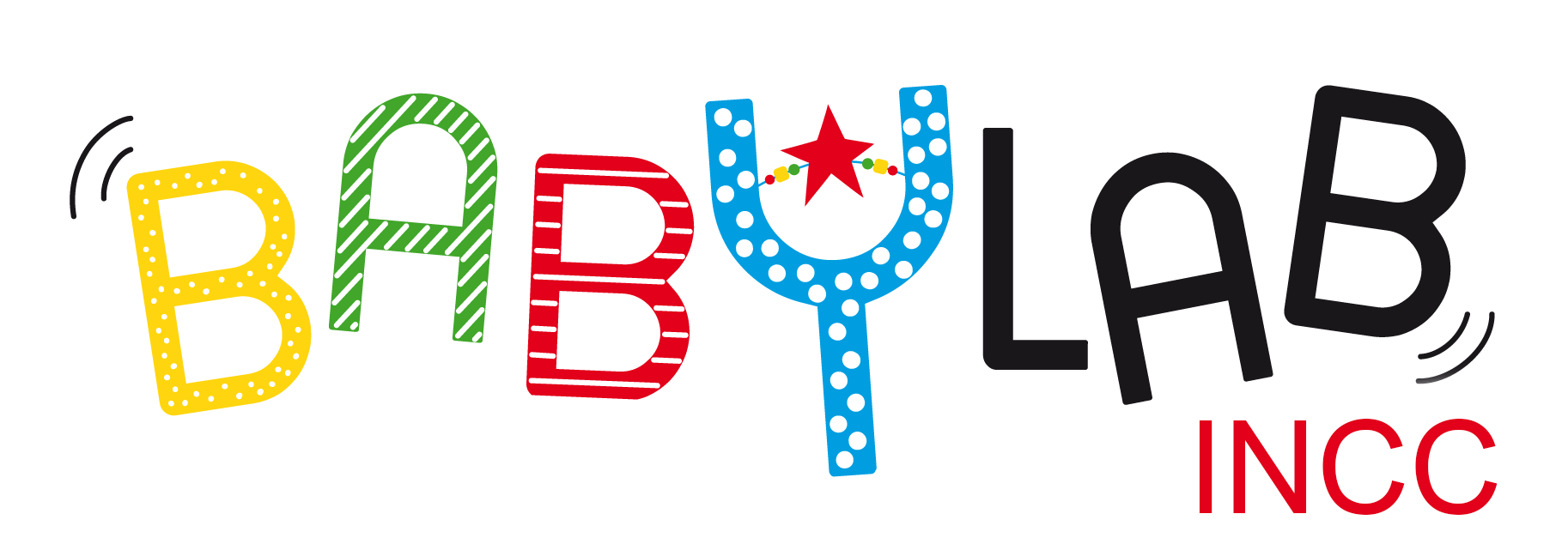Camille Rioux
INRAE visiting researcher

How do we learn what to eat and what shapes our food behaviors? My research investigates this broad question. Notably, I study how infants and young children learn what is edible and what is not, both individually and with the help of others (for instance their caregivers). I use methods from developmental psychology to neuroscience to examine these questions across the entire lifespan.
Ongoing project
Vicarious Social Touch perception in infants
The aim of this project is to investigate the physiological, behavioural and neural responses of infants to social-tactile interactions.

Project team lead
Olivier Mascaro

Project team lead
Louise Krisch
FoundTrust: The neurocognitive bases of epistemic trust
The willingness to believe communicated information (or epistemic trust) plays a central role in human cognitive development. The aim of this project is to characterize its development in the first years of life.

Project team lead
Olivier Mascaro
Investigating cognitive processes underlying food learning in infancy -F.E.E.D your mind
The aim of the F.E.E.D. your mind project is to shed light on the cognitive processes underlying food learning in infancy and provide empirical bases to design such interventions

Project team lead
Camille Rioux
Selected Publications
– Coricelli. C., Rumiati, R. I., & Rioux, C. (2022). Implicit and explicit safety evaluation of foods: The importance of food processing. Appetite, 175, 106062. https://doi.org/10.1016/j.appet.2022.106062
– Rioux, C., & Wertz, A. E. (2021). Plant food avoidance in Infancy. Developmental Psychology, 57(5), 609–624. https://doi.org/10.1037/dev0001146
– Rioux, C. (2019). Food neophobia in childhood. In H. L. Meiselman (Ed), Handbook of eating and drinking: Interdisciplinary perspectives (pp. 1-20). Cham: Springer. https://doi.org/10.1007/978-3-030-14504-0_159
– Rioux, C., Lafraire, J., & Picard, D. (2018). Visual exposure and categorization performance positively influence 3- to 6-year-old children’s willingness to taste unfamiliar vegetables. Appetite, 120, 32-42. https://doi.org/10.1016/j.appet.2017.08.016
– Rioux, C., Picard, D., & Lafraire, J. (2016). Food rejection and the development of food categorization in young children. Cognitive Development, 40, 163-177. https://doi.org/10.1016/j.cogdev.2016.09.003
